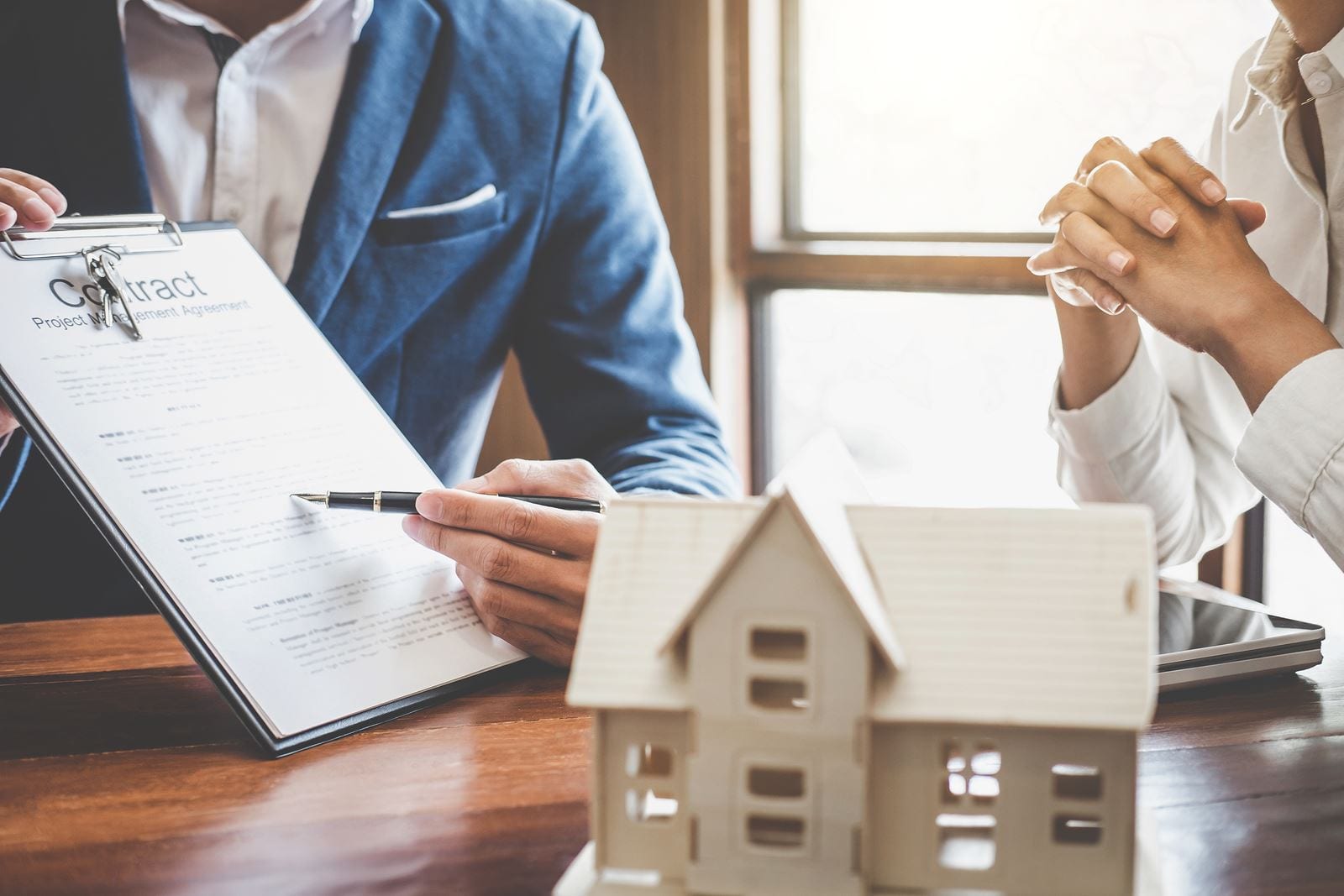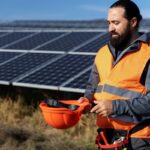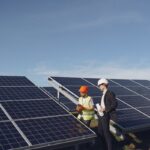

Aussies Getting Compensation Thanks To New Law: Insights from 7 Male Eco Advisors
The Australian government recently passed a ground-breaking Energy Efficiency Rebates Law intended to encourage homeowners to improve the environmental aspects of their homes. With this law, Australia’s dedication to sustainability is advanced significantly by providing large compensation for energy-efficient improvements. We asked seven of the top male eco-advisors for guidance on how homeowners may best use this new opportunity. These are their thoughts on how to get the most out of this legislation.
Green Home Solutions’ founder, James Whelan
James Whelan underlines the need of beginning with an energy assessment. “Wherever your home is losing energy, an energy audit can find it and recommend the best improvements,” he says. “This guarantees you invest in the best improvements and helps you qualify for rebates.”
Starting with insulation and window replacements, Whelan advises… “Frequently, these account for the biggest energy loss sources. Upgrading them can qualify you for larger refunds and greatly lower your energy use.”
Environmental scientist Dr. Robert Harris
The contribution of renewable energy to lower home energy use is emphasized by Dr. Robert Harris. One of the greatest methods to benefit from the new legislation, he believes, is to install solar panels. “They make your home more environmentally friendly and qualify for significant rebates in addition to lowering your energy bills.”
Harris advises thinking about battery storage systems and solar water heaters as well. “These technologies can raise your rebate eligibility and further improve the energy efficiency of your home.”
Liam McCormack: Consultant in Sustainable Building
Liam McCormack suggests emphasizing smart home technologies. Energy management systems and smart thermostats, he says, can greatly increase the energy efficiency of your house. “These devices optimise your energy use, making it easier to meet the rebate criteria.”
McCormack advises looking at government and utility company programs as well. “Many of these programs offer additional incentives for energy-efficient upgrades, which can compliment the rebates provided by the new law.”
Ethan Walker: Supporter of Renewable Energy
Ethan Walker emphasizes the need of long-term preparation. He counsels “thinking about the future energy needs of your home.” “You can save money in the long run and make sure you keep qualifying for rebates by investing in energy-efficient appliances and lighting now.”
Walker emphasizes the advantages of energy-efficient landscaping as well. “Selective planting of trees and shrubs can reduce your need for air conditioning and heating by naturally insulating and shading.”
Architect Michael Thompson: Environmentally Friendly
Michael Thompson advises thinking about aspects of passive design. “Natural ventilation, high-performance glazing, and passive solar design are all practical approaches to improve the energy efficiency of your home,” he says. “These upgrades may lower your energy bills and help you qualify for rebates.”
Thompson also advises consulting a sustainable building-experienced architect or designer. “They can help you include energy-efficient elements into your house renovation plans, ensuring you get the most out of the new legislation.”
Energy Efficiency Specialist David Clarke
David Clarke emphasizes the value of routine upkeep. “Maintaining the efficiency of your appliances, insulation, and HVAC system will help you to continue to qualify for rebates,” he advises. “Long-term savings are possible from regular maintenance, which can also extend the life of these systems.”
Clarke also counsels homeowners to keep up with legislative changes and available subsidies. “Stay current on the latest information because government policies and rebate programs can change.”
Simon Green, Solar For US’s Chief Sustainability Officer
Simon Green emphasises the need of expert advice. “You can make sure you maximize the available rebates and negotiate the complexities of the new law by consulting with professionals,” he advises. “We provide services at Solar For US that walk homeowners through the procedure of claiming rebates and making energy-efficient improvements.”
Green stresses the need of community involvement as well. “Become involved in regional forums and groups for sustainability. Making your home more environmentally friendly can be aided and insightful by talking with others about your experiences and recommendations.”
Verdict
Australian residents have a special chance to improve the energy efficiency of their homes and get substantial financial reward according to the new Energy Efficiency Rebates Law. You can decide which improvements are ideal for your house by consulting these seven eco-advisors’ professional opinions. There are many approaches to optimize the advantages of this legislation, including energy audits, renewable energy installations, smart home technology, or sustainable design. Adopt these tactics to lower your energy costs and help Australia have a more sustainable future.




